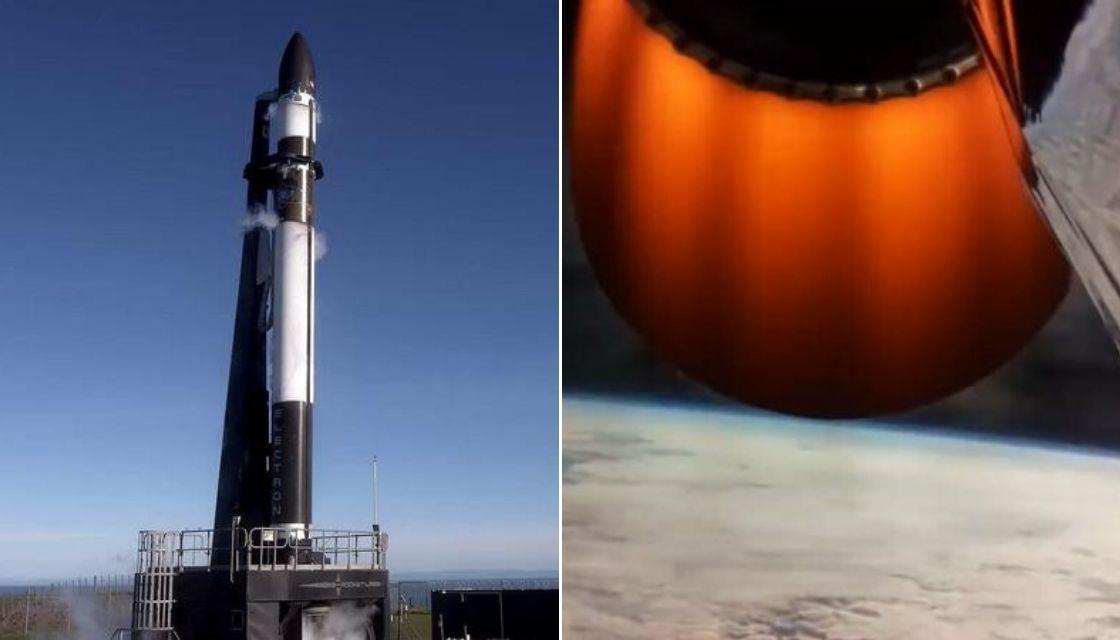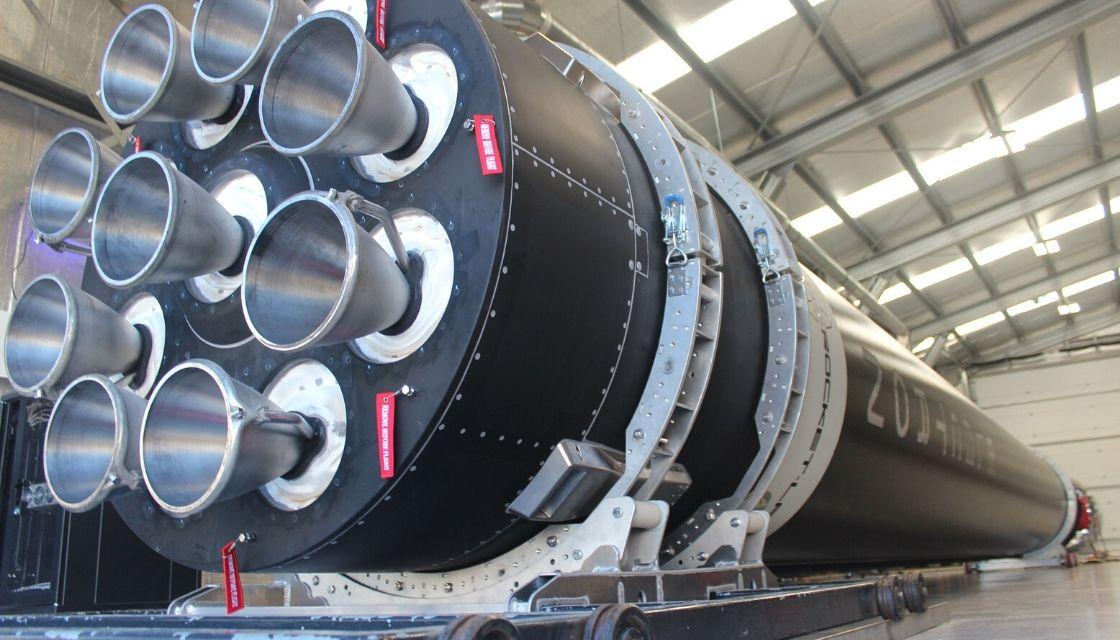
A Rocket Lab Electron rocket has been lost during the company's latest mission, 'Pics Or It Didn't Happen', on Sunday morning.
The aerospace company had planned to deploy seven satellites from the Mahia Peninsula, with Electron launching at 9:20am (NZ time).
All appeared to be going to plan, with Rocket Lab sharing a stunning image of the Earth as Electron continued to orbit. However, the company tweeted shortly after that the vehicle had been lost.
"An issue was experienced today during Rocket Lab's launch that caused the loss of the vehicle. We are deeply sorry to the customers on board Electron. The issue occurred late in the flight during the 2nd stage burn. More information will be provided as it becomes available," it tweeted.
Rocket Lab founder and chief executive, New Zealander Peter Beck, confirmed the Electron rocket was lost "late into the mission".
"I am incredibly sorry that we failed to deliver our customers satellites today. Rest assured we will find the issue, correct it and be back on the pad soon," he wrote.
A livestream of the launch finished when Rocket Lab said the signal from the camera became too weak. After briefly switching to a shot of staff in the control room, the webcast ended. There was no sign at this point anything had gone wrong with the mission.
The rideshare mission marked Rocket Lab's 13th launch. The satellites were to be deployed to a 500km circular low Earth orbit for a number of customers, including Spaceflight Inc's client Canon Electronics, as well as small operators Planet and In-Space Missions.
The satellite launch, which took place on the Mahia Peninsula in the Hawke's Bay, had been brought forward by a day in a bid to avoid unfavourable weather conditions.

The launch included Canon Electronics Inc's 67kg Earth-imaging satellite, CE-SAT-IB, to photograph objects on the ground as small as 90cm wide. The mission objective for the CE-SAT-IB was to demonstrate Canon Electronics' Earth-imaging technology with high-resolution and wide-angle cameras, as well as test the micro-satellite for mass production.
It also included five shoebox-sized Earth observation satellites for the San Francisco company Planet. Planet's satellites are capable of imaging the Earth's entire landmass on a near-daily basis, according to Rocket Lab, helping researchers, businesses and governments discover patterns and detect early signals of change.
The final spacecraft aboard the Electron rocket was supplied by British company In-Space Missions.
"It's almost time to go to space!" the company tweeted early on Sunday morning.

